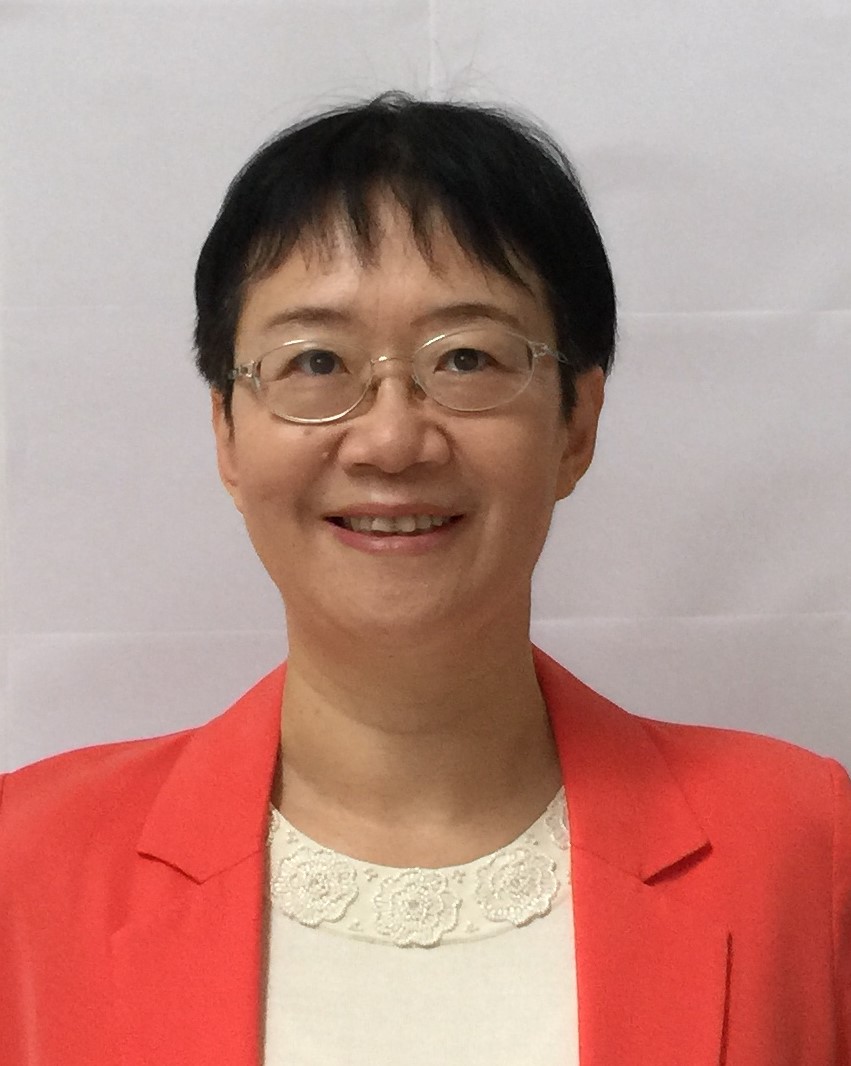Invited Talk
(Co-Keynote with IEEE TPS)
Can Federated Learning be Responsible?
Prof. Ling Liu Georgia Institute of Technology, USA
Abstract: Federated learning (FL) is an emerging distributed collaborative learning paradigm by decoupling the learning task from the centralized server to a decentralized population of edge clients. An attractive feature of federated learning is its default client privacy, allowing clients to jointly learn a global model while keeping their sensitive training data locally and only share local model updates with the federated server(s). However, FL may not guarantee responsible distributed learning. First, clients are heterogeneous with diverse computing resources, which may prevent thin clients with less resources to participate in federated learning. Second, recent studies have revealed that the default privacy in FL is insufficient for protecting the confidentiality of clients’ training data and the safety of the global model. Finally, federated learning is vulnerable to trojan attacks, which may poison both data and the local model updates. This keynote will describe model leakage risks and model poisoning risks in distributed collaborative learning systems, ranging from image understanding, video analytics, to large language models (LLMs), and provide insights for risk mitigation methods and techniques, ensuring responsible Federated Learning.

Bio: Ling Liu is a Professor in the School of Computer Science at Georgia Institute of Technology. She directs the research programs in the Distributed Data Intensive Systems Lab (DiSL), examining various aspects of large scale big data-powered artificial intelligence (AI) systems, and machine learning (ML) algorithms and analytics, including performance, availability, privacy, security and trust. Prof. Liu is an elected IEEE Fellow, a recipient of IEEE Computer Society Technical Achievement Award (2012), and a recipient of the best paper award from numerous top venues, including IEEE ICDCS, WWW, ACM/IEEE CCGrid, IEEE Cloud, IEEE ICWS. Prof. Liu served on editorial board of over a dozen international journals, including the editor in chief of IEEE Transactions on Service Computing (2013-2016), and the editor in chief of ACM Transactions on Internet Computing (since 2019). Prof. Liu is a frequent keynote speaker in top-tier venues in Big Data, AI and ML systems and applications, Cloud Computing, Services Computing, Privacy, Security and Trust of data intensive computing systems. Her current research is primarily supported by USA National Science Foundation under CISE programs, IBM and CISCO.